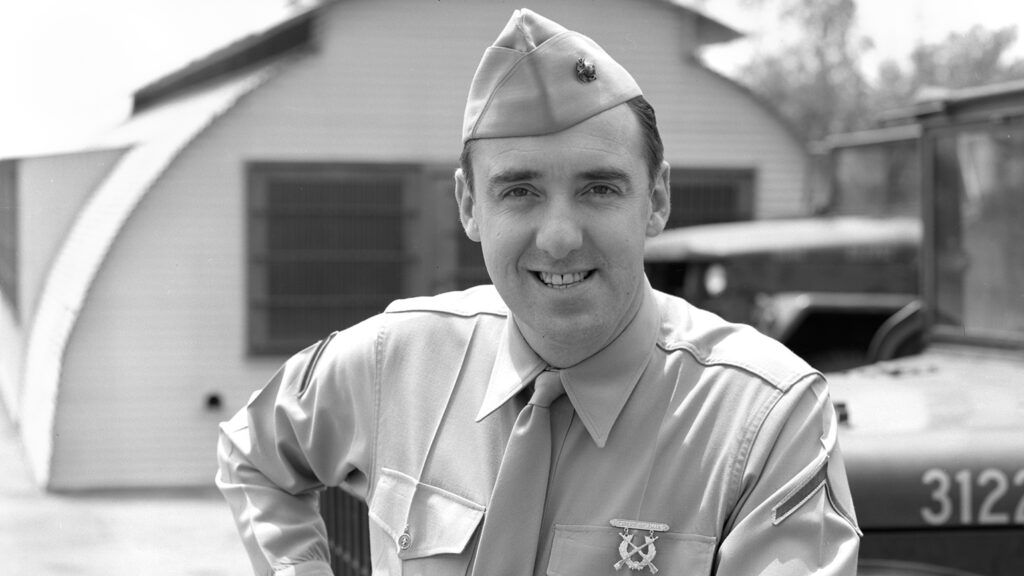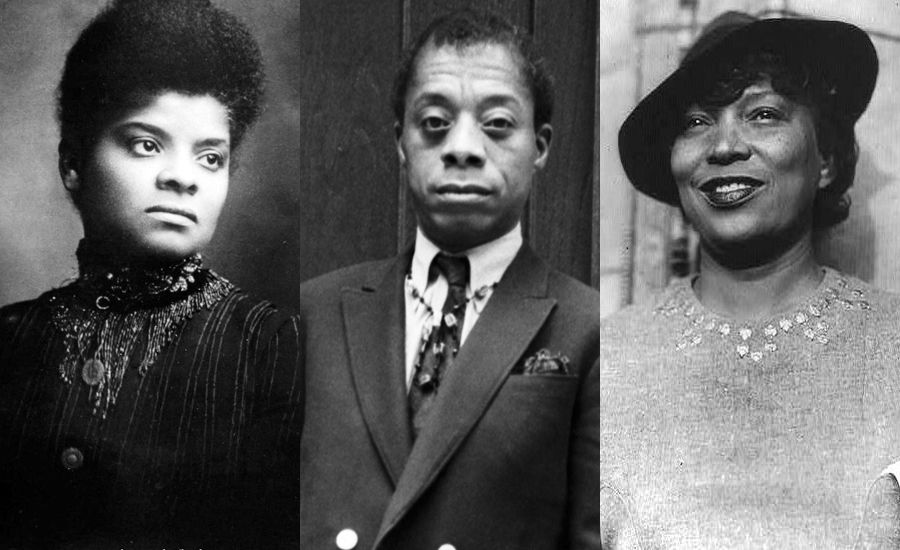When I went home to the little country town of Sylacauga, Alabama, after my dad’s death, I found myself wondering all over again how kids can ever repay all their parents have done for them.
What, for instance, can you pay for being given the love of a town? After Dad’s funeral a Negro woman came up to me. “Son,” she said, “I just got to tell you how much your daddy meant to our family. He kept my two boys out of jail.” Then she burst into tears.
Dad was an officer on Sylacauga’s police force and there wasn’t a more loved man anywhere. He would make about $12 a week, and he was always giving away some of that.
Dad couldn’t stand to see a man sitting in jail on Sunday. He was forever opening the doors and giving some vagrant his freedom and a couple of dollars to help him on his way.
And how can you repay sacrifice? With Dad giving away his money we never had much cash around the house. Mother didn’t complain–she just went to work. She got a job as a waitress in Sylacauga’s truck-stop diner serving coffee and eggs 14 hours a day, seven days a week.
But Mother was glad to do it because she had a dream. “Your daddy and I want you young ones to make something out of yourselves,” she’d say to me and to my two sisters. Our parents saw us through high school and they saw us through college too.
So when I graduated I had a debt to pay. I was starting out with love and sacrifice behind me. To make it all worth their while, I was determined to accomplish great things.
It didn’t work out that way.
I had hoped for a job in advertising. So I packed a suitcase, borrowed a few dollars and moved to New York to start my career on Madison Avenue. I never once got past the receptionist’s desk.
I tried everything I could think of to be less bashful and country. I bought myself some clothes like the gray flannel uniform I saw everywhere. I had my hair cut city-style. I even worked at perfecting an eastern accent. But it didn’t do any good. I ended up with a job as a typist.
I also ended up with a bad case of asthma from the New York weather. So I wrote home that all my education was getting me in New York was the wheezes and that I was moving on.
I’d heard that California was a good place for asthma. Four years after I left New York I was hustling crates around a warehouse in Los Angeles. Four more years passed. I was almost 30 and I’d achieved exactly zero. It was the low point of my life, as far as self-confidence went.
And yet, strangely enough, that time was a high point too. For from another direction life suddenly took on meaning. I’d taken to slipping into the back of St. Paul’s Roman Catholic Church in Hollywood, just to listen to the Mass.
I didn’t understand much of what I saw and less of what I heard, but I sensed somehow that it represented the only thing on earth that really mattered.
Slowly as I went through weeks of instruction, I learned to put a name on a feeling I’d struggled with so many years. It was guilt–guilt because I had not repaid my parents’ investment in me.
And more slowly still God’s answer came forward: We repay our parents not by “succeeding,” but by becoming the completed persons He intends us to be. The day I put Him in the center of my life was the day I took that first step toward becoming a whole person.
And you know, a funny thing happened. When I stopped trying so hard to win success, I relaxed and became plain Jim Nabors from a little country town in Alabama.
I dropped the last pretense of an eastern accent. I dressed the way I wanted. I began doing some of the crazy things I’d always wanted to do, like going to an amateur show nights after work and putting on a little skit.
Hometown folks used to say I had a good singing voice so in my skit I had this country boy with the heavy hillbilly accent suddenly sing an aria from Grand Opera. The audience had as much fun as I did and I was asked to come back.
And then one night Andy Griffith was sitting out front. After the show he asked me to read for a part on his TV program, and I have been in show business ever since.
The person least impressed at this change of affairs is Mother. She comes out to California, off and on, to cook me blackeyed peas and cornbread. She’s glad I’m steadily employed, of course, but she still puts the money I send her in a special bank account in my name, “just in case.”
It’s a good precaution. In Hollywood they say you’ve arrived when they name a sandwich after you. Sure enough, there’s a Jim Nabors’ Special for sale at the studio commissary now: pastrami with tomato.
But I notice that my name on the menu-board is pasted over the name of another actor who “arrived” just a few years ago, and I’m sure someday someone else’s name will be pasted over mine.
That’s why I give thanks every morning of my life that when I found the real Center of things, it was the One Who cannot change.
For more inspiring stories, subscribe to Guideposts magazine.





